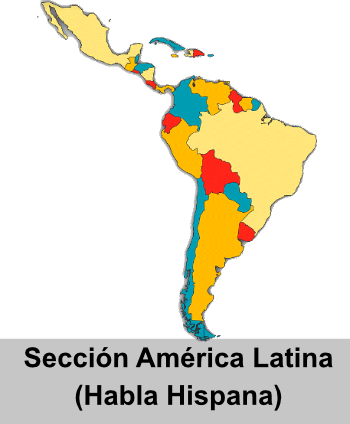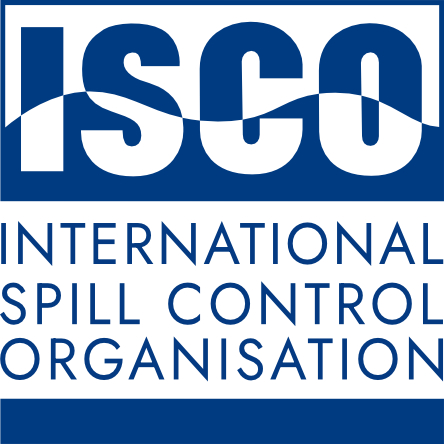Lee J., Park H. (2024) Marine Pollution Bulletin, 202, art. no. 116356, DOI: 10.1016/j.marpolbul.2024.116356
ABSTRACT: In this study, we focus on the development and validation of a deep learning (long short-term memory, LSTM)-based algorithm to predict the accidental spreading of LSFO (low sulfur fuel oil) on the water surface. The data for the training was obtained by numerical simulations of artificial geometries with different configurations of islands and shorelines and wind speeds (2.0–8.0 m/s). For simulating the spread of oils in O(102) km scales, the volume of fluid and discrete phase models were adopted, and the kinematic variables of particle location, particle velocity, and water velocity were collected as input features for LSTM model. The predicted spreading pattern of LSFO matched well with the simulation (less than 10 % in terms of the mean absolute error for the untrained data). Finally, we applied the model to the Wakashio LSFO spill accident, considering actual geometry and weather information, which confirmed the practical feasibility of the present model.





